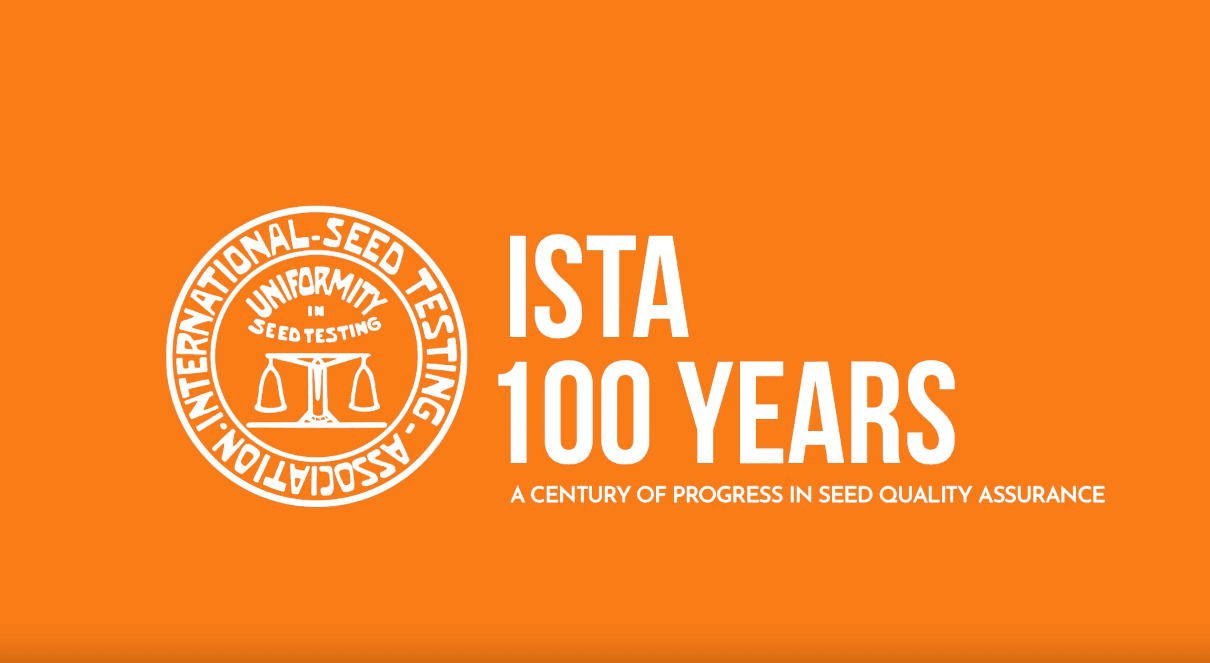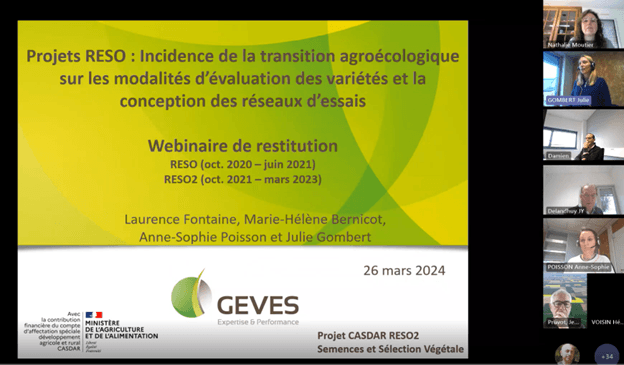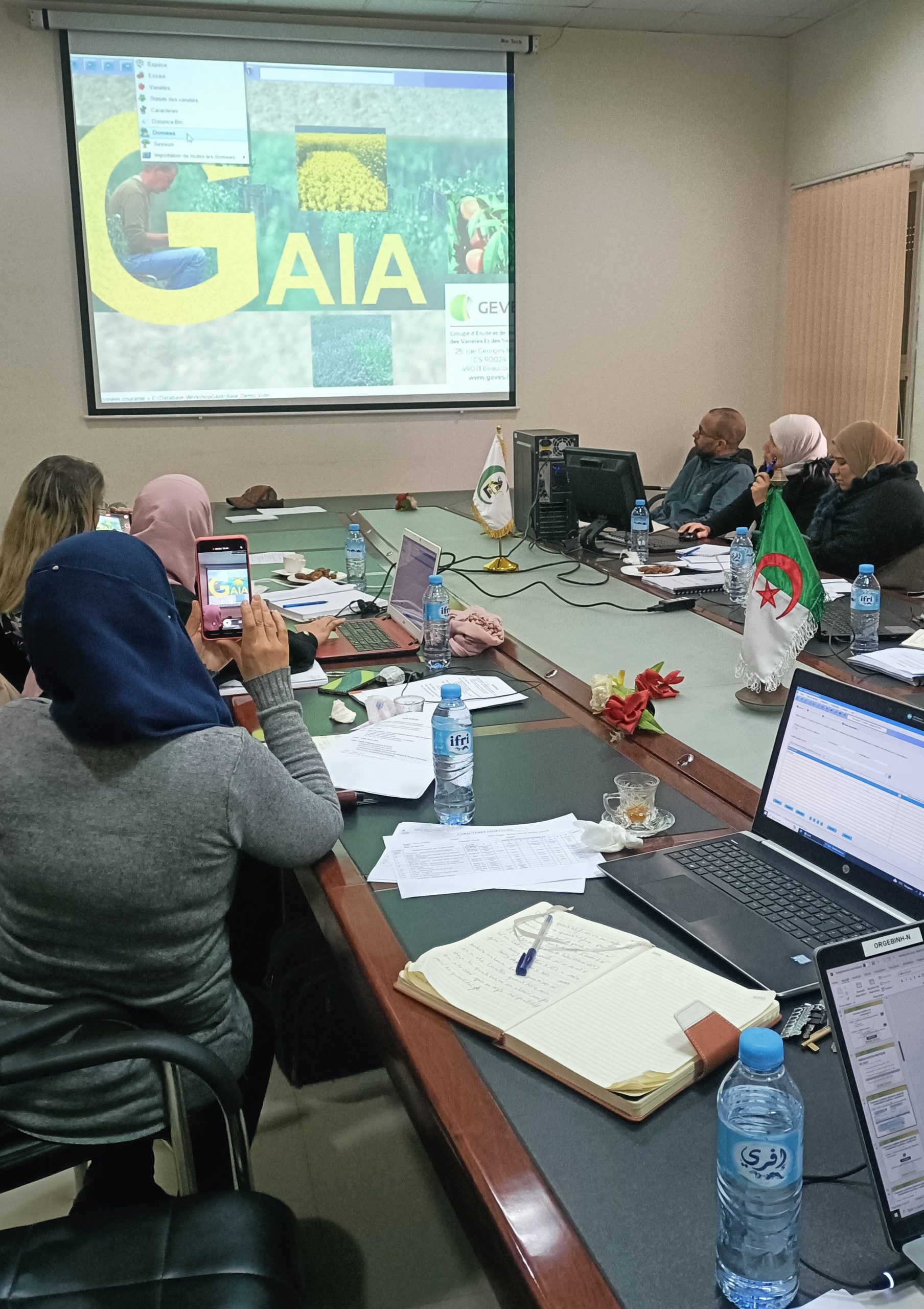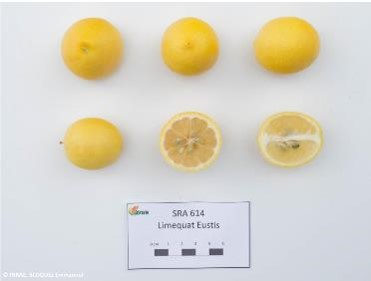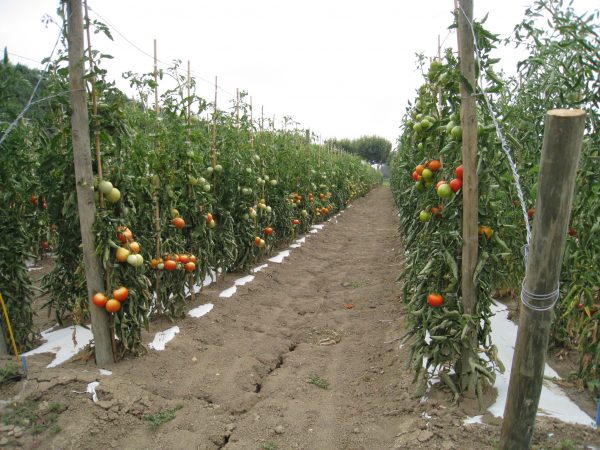
News from the CTPS Vegetable Species Section – December 2021
At its meeting on 13 December 2021, the CTPS ‘Vegetable Species’ Section proposed the national listing of almost 190 varieties (184 varieties on list a and 4 on list d). The diversity of vegetable species and typologies is a mark of the work of this Section and was also reflected at this meeting by the diversity of the points discussed: methodological reflections and validated developments in disease resistance, organic varieties and heterogeneous organic material implemented as of 2022 within the framework of the EU Regulation on organic farming, consolidation of the diversity of old varieties in the catalogue, etc.
In parallel with the vast majority of varieties registered on list a and a diversification of species in application for listing, the French Catalogue of Vegetable Varieties also contains list d, which allows the registration of varieties mainly intended for domestic consumption (amateur gardeners). During this meeting of the Section, 4 varieties of squash and tomato were proposed for inclusion on this list, thus showing the attractiveness of the list d for the sectors. The Section also validated the transfer to list a of a melon variety that had been registered for several years on list d, as marketing on list d had made it possible to sound out the market for this original variety, particularly in its appearance.
The 50 species x pest pairs tested within the framework of the DUS studies of vegetable species provide a means for enhancing the value of breeding work in terms of genetic resistance and for providing reliable information to users. On this point, in order to support the recognition of breeding work, the Section validated, on the one hand, the implementation (yellow mosaic in cucumber and corky root disease in tomato) from 2022 onwards within the framework of DUS studies of 2 new tests, as well as the continuation of the development of test protocols on other pairs (powdery mildew in courgette, aerial downy mildew in tomato, cucumber mosaic in courgette and fusarium in watermelon) that could eventually be included in the list of diseases studied in DUS testing. Progress was also made on 2 projects co-piloted by GEVES:
- HarmoresColl, a European portal of seed collections and strains necessary for the performance of harmonised tests between the examination offices and breeders,
- the development of a test protocol for the evaluation of the resistance of pepper and tomato varieties to the brown rough fruit virus (ToBRFV) as well as the updating of the test protocol for the resistance of melon varieties to the cotton aphid (Ag) with the consideration of a strain of aphid that is more present in the growing areas
As regards organic farming, the European Regulation on organic farming was impleneted on 1 January 2022. The Section was informed of the French procedures for registering heterogeneous organic material and of the initial discussions led by the European Commission on possible specific procedures for organic varieties adapted to organic production. With regard to these discussions, which are being conducted within the framework of a Temporary Experimentation (European framework) that will end on 30/06/2028, GEVES has positioned itself to host trials on carrot varieties.
Finally, for old varieties, which represent nearly 15% of the French Official Catalogue and a significant proportion of the varieties used in vegetable gardens and by certain market gardeners, particularly in the green belts of cities, several points were addressed:
- continuation of support from GEVES and SEMAE to seed companies involved or interested in the official maintenance of these varieties: this is reflected by the information and exchange meeting on 29/09/21 as well as by the providing of information to seed companies and the collection of initiatives for the official maintenance of varieties that are in the process of being cancelled,
- running the support fund set up by SEMAE in 2020 for the maintenance of these old varieties with particular heritage value.
These two components, based on the pooling of resources and initiatives, enable the support of a number of old varieties, allowing a large number of users to have access to a wide range of characterised varieties.

